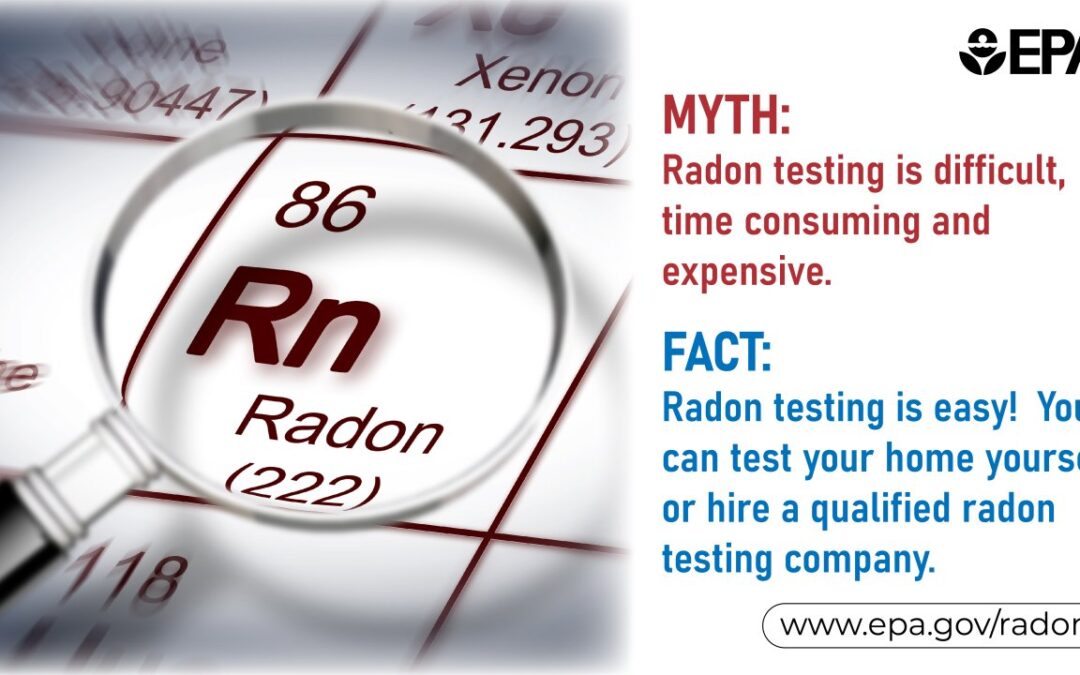Understanding Why Radon Matters for Homeowners
Radon is a serious but often overlooked threat to indoor air quality—especially here in Michigan. It’s invisible, odorless, and tasteless, making it impossible to detect without proper radon testing (link to your Radon Testing page). Whether you’re a new homeowner or have lived in your house for decades, here are five essential things you should know about radon:
1. Radon is the Second Leading Cause of Lung Cancer
According to the EPA, radon exposure is the leading cause of lung cancer among non-smokers and the second overall. Long-term exposure to elevated radon levels significantly increases health risks. Thousands of deaths occur every year as a result of radon-related lung cancer, making it critical to identify and address the problem early.
2. Michigan Homes Are Especially Vulnerable
Our state’s natural geology includes uranium-rich soils, particularly in glacial deposits, which release radon gas as they break down. Many Michigan counties—especially in the lower peninsula—are designated as high-risk zones. Because radon seeps up through the ground, even well-sealed and newer homes are not immune.
3. Radon Enters Through the Foundation
Radon gas moves from the soil into your home through small cracks in the foundation, construction joints, sump pits, floor drains, and other gaps. Homes with basements, crawl spaces, or slab-on-grade construction are all susceptible, and radon levels can vary significantly even between neighboring homes.

4. Testing Is Simple and Affordable
You can’t detect radon without a test—but the good news is, testing is easy. DIY test kits are available, but for more accurate results, professional radon testing from a licensed provider like Michigan Radon Control is recommended. A radon test will measure the gas concentration in picocuries per liter (pCi/L). Anything above 4.0 pCi/L is considered the action level for mitigation.
5. Radon Mitigation Is Highly Effective
If your home has elevated radon levels, radon mitigation systems can reduce them by up to 99%. Systems like sub-slab depressurization or drain tile depressurization quietly and continuously vent radon from beneath your home to the outside. At Michigan Radon Control, we design customized systems to fit your home’s unique layout and keep your air safe.
Michigan Radon Control Services
Protect Your Home and Family
Radon may be invisible, but your response to it doesn’t have to be. Michigan Radon Control offers expert testing, clear guidance, and long-term mitigation solutions to protect your home and family.

